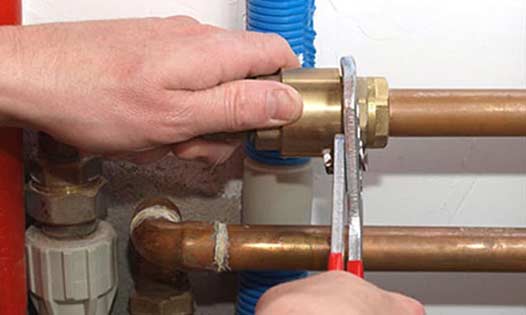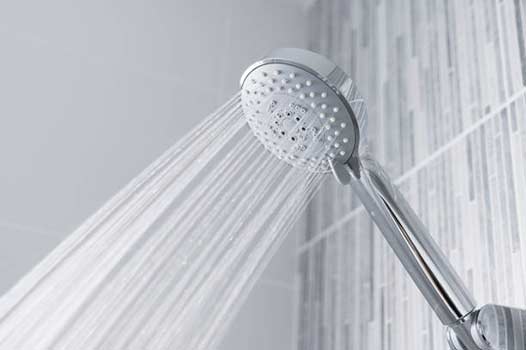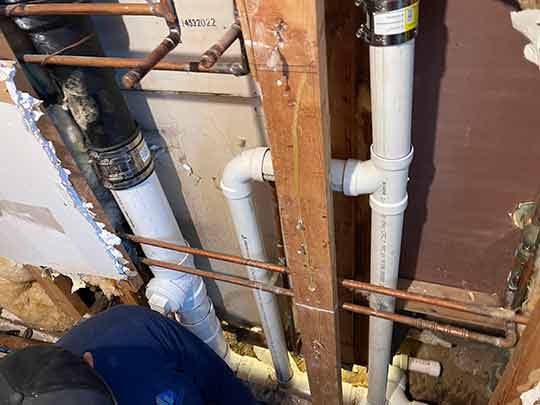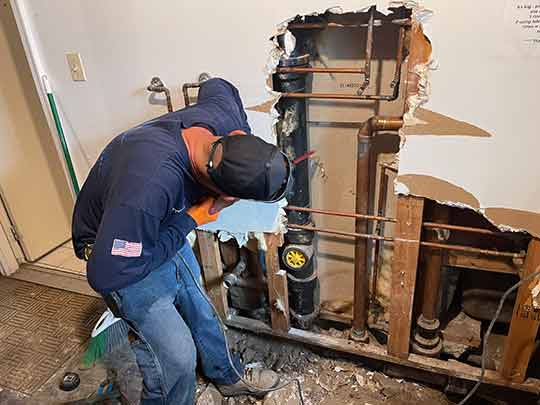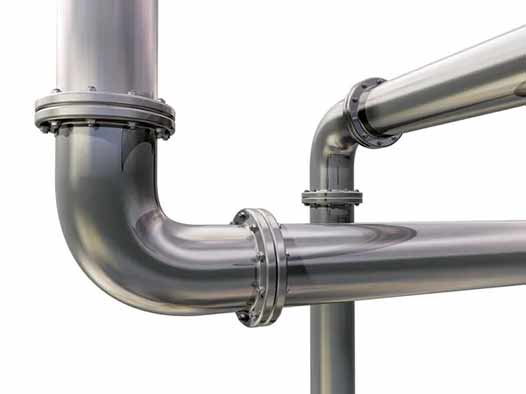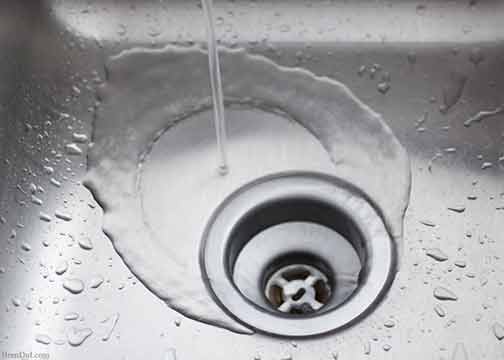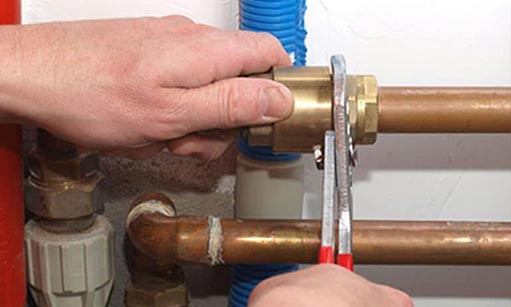
Re-piping is replacing all the water pipes in your plumbing system. This procedure is one of the most effective ways to restore the efficiency of your plumbing. Re-piping your home will help you get rid of all issues caused by old, damaged, or deteriorated pipes, advises the team at KRS Holdings management.
Why should you re-pipe your home? How do you know if your home is due for re-piping; what are the signs to look for? What does the re-piping process look like, and what are the things to consider when re-piping your home?
Why you should re-pipe your plumbing system
Water pipes invariably become weaker and less efficient as they age. Old and brittle pipes are more vulnerable to shocks, like sudden and extreme changes in water temperature or pressure. Aging pipes leak more often; they subject your home to a higher risk of water damage.
In addition to aging, mineral buildup and corrosion take their toll on water pipes. These problems narrow the pipe channels and reduce the water flowing through the system. Pipes with lots of sediment inside them are also more likely to crack.
Fixing these problems by re-piping your plumbing offers the following benefits:
Maximize efficiency
Re-piping reduces the rate of energy loss from the water pipes. You also get to cut down on utility bills when you reduce the rate of water wastage.
Lower maintenance costs
You can reduce the time and energy spent on plumbing issues. You also achieve significant savings in your plumbing maintenance costs.
Prevent property damage
The cost of fixing collateral damage caused by leaks can be higher than fixing the plumbing. Re-piping helps to minimize this risk.
Boost property value
Re-piping your home adds thousands of dollars to its market value. Potential buyers won’t have to worry about hidden plumbing issues in the house.
How re-piping is done
Re-piping follows a ten-part process:
Shut the water supply
The water can be turned off for 3 days. The actual duration depends on your home’s size and the condition of the existing pipes.
Remove the old pipes
Water is drained from the pipes before they are removed. The walls and floors are checked for mold and other signs of water damage.
Inspection
This step is for assessing the extent of damage to the old pipes and the kind of repairs that should be done before installing the new pipes.
New pipe installation
The process of installing the new pipes begins. The shape that this takes depends on the kind of pipes being installed
Test for leaks
Using pressure tests and tools such as infrared cameras, the system is tested for leaks before the water supply is restored.
Turn on the water
The water is turned on, and the system is tested a second time for leaks and other problems.
Flush system with hot water
Hot water is run through the plumbing fixtures in the home to get rid of any sediment inside the pipes.
Insulate water pipes
To prevent corrosion, critical sections of the piping are insulated to reduce the incidence of condensation buildup.
Install access panels
Access panels – which provide easy access to water pipes for maintenance – are installed at critical points.
Final check
One last check is done to ensure there are no plumbing code violations that need to be fixed and that every component of the system is properly connected.
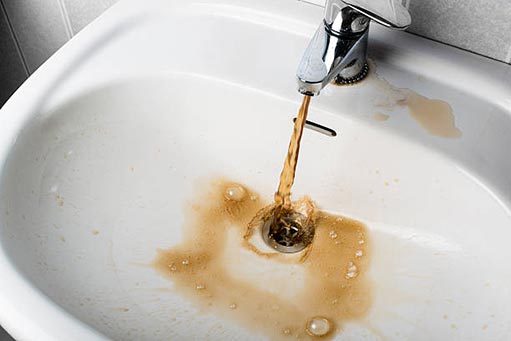
Brown or rust-colored and smelly water are indications of extensive corrosion inside the home’s water pipes.
Does your home need re-piping?
You should repipe your home plumbing if more than one of these problems is present in the home.
Frequent leaks
This is a sign that your pipes are deteriorated and clogged with sediment. Repairing such pipes is a temporary measure that will cost you more in the long run.
Low water pressure
A problem of chronically low water pressure in the entire home – not just one plumbing fixture – is a sure sign that your water pipes need to be replaced.
Water quality issues
Brown or rust-colored and smelly water are indications of extensive corrosion inside the home’s water pipes.
Pipes are old
If the piping was done before 1986, chances are high that your pipes are made of lead. Lead pipes are no longer in use because they pose a risk of lead poisoning.
Before you re-pipe your home
Here are 4 things to think about before re-piping your home:
Time
Choose a time of the year when you can afford to have the water turned off for up to 3 days.
Pipes
What kind of pipes should you use? The choice is usually between PVC, copper and PEX pipes.
Pipe size
What is the right size of pipes based on the water flow requirements of my home?
Cost
How much will this project cost me, and how do I avoid wasting money?
Re-piping your home is a major project that if done wrong, can haunt your building and life for many years. Before embarking on this project, talk to an experienced plumber.
